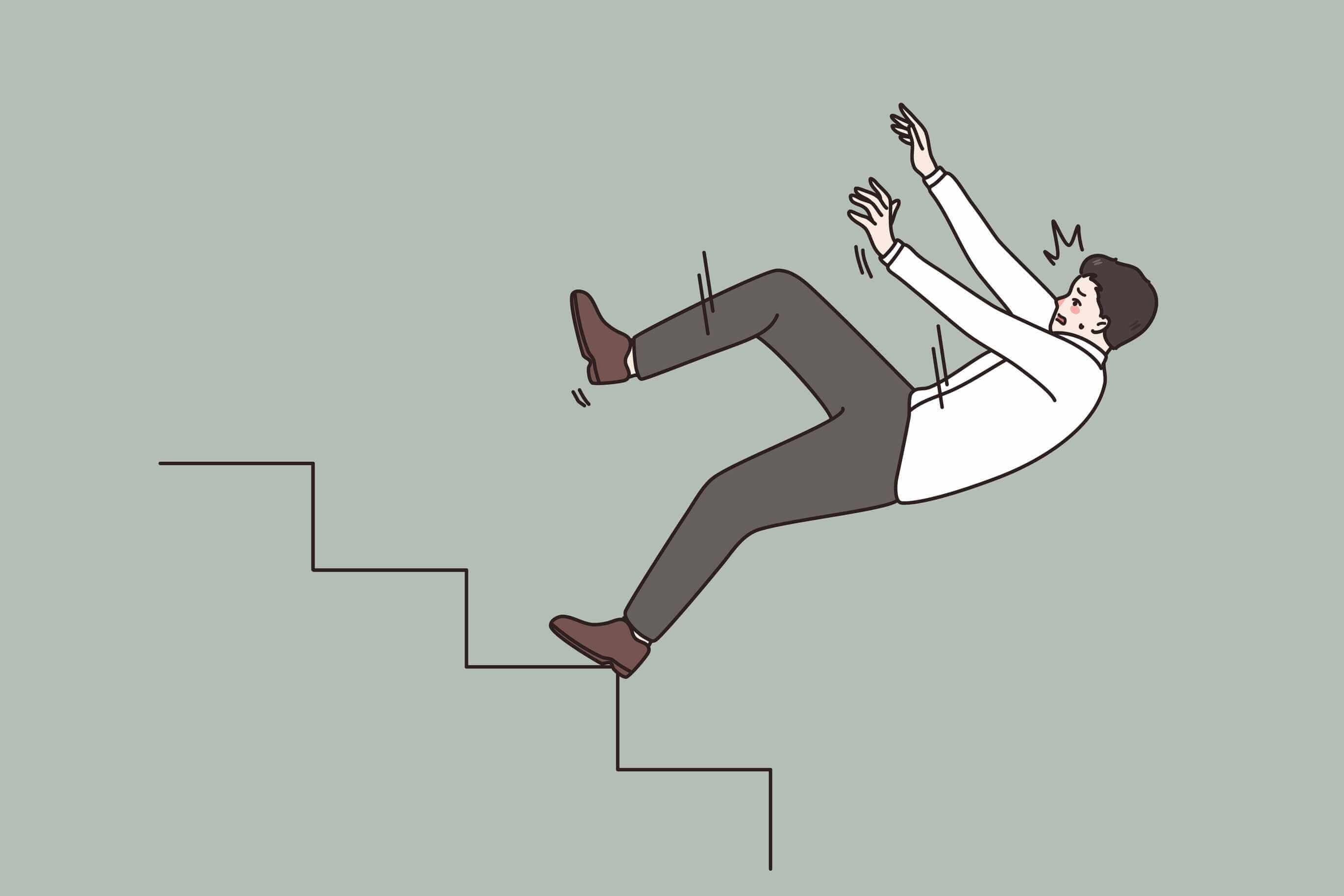Scientists Warn Americans To Brace For A Continuing Active Hurricane Season: 'have A Plan If Asked To Evacuate'

The Atlantic hurricane season quieted down late this summer, but it is far from over. The National Oceanic and Atmospheric Administration is expecting an active end to the hurricane season.
What's happening?
The first five tropical cyclones of the Atlantic hurricane season all became named storms. A storm earns a name when it reaches tropical storm strength with maximum sustained winds of at least 39 mph.
Three of the storms became hurricanes, with maximum sustained winds of at least 74 mph. Every named storm so far this season made landfall; two of them made landfall in the United States.
Hurricane Beryl struck the southeast coast of Texas when it came onshore in late June, causing nearly $5 billion in damage. (That was for damage on the ground, but the storm also caused damage underwater.) Hurricane Debby pounded northern Florida when it moved onshore in early August. It is estimated that Debby caused $1.4 billion in damage.
In an announcement from early August, the NOAA suggested that the country can't let its guard down despite a lull in tropical activity in late August. The NOAA expects a "highly active season" is likely to continue.
Their updated forecast calls for 17-24 named storms, 8-13 of which would strengthen to hurricane status, including 4-7 major hurricanes (winds of 111 mph or stronger). These numbers represent totals for the hurricane season spanning the six-month period of June 1 through November 30.
Why is the forecast for an active Atlantic hurricane season important?
The NOAA cited unusually warm water in the Atlantic Ocean basin as one reason for a hurricane season that could be among the busiest on record. Heat-trapping gases in our atmosphere are warming our climate.
One of the key indicators of our overheating planet is a rise in sea surface temperatures. Those temperatures have risen at an average rate of 0.14 degrees Fahrenheit per decade since 1901.
Scientists say our warming world will likely make hurricanes more intense and increase their potential for destruction. Extreme rainfall is more likely, and rising ocean levels mean higher storm surges that can cause more damage.
What's being done about an expected increase in hurricane activity?
The NOAA's latest announcement recommends "everyone to know their risk; prepare for threats like damaging winds, storm surge and inland flooding from heavy rainfall; and to have a plan if asked to evacuate."
Our warming world is powering up hurricanes. Reducing our reliance on dirty energy sources can help cool our planet.
Making your next car an electric vehicle, installing solar panels, and adapting smart home technology are some of the ways to move away from dirty energy sources and bring about a cooler future for our planet.
Join our free newsletter for good news and useful tips, and don't miss this cool list of easy ways to help yourself while helping the planet.
Scientists warn Americans to brace for a continuing active hurricane season: 'Have a plan if asked to evacuate' first appeared on The Cool Down.


